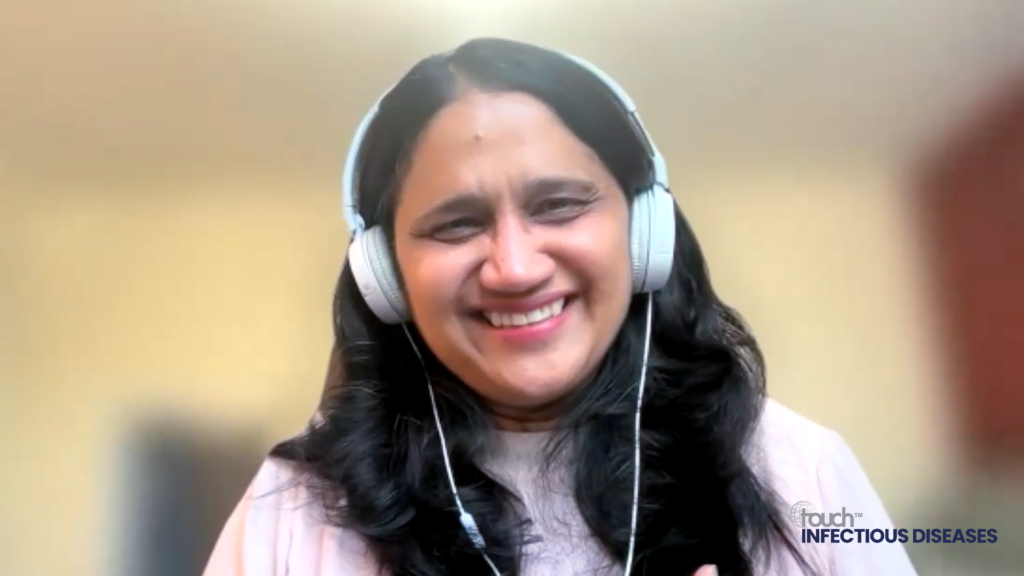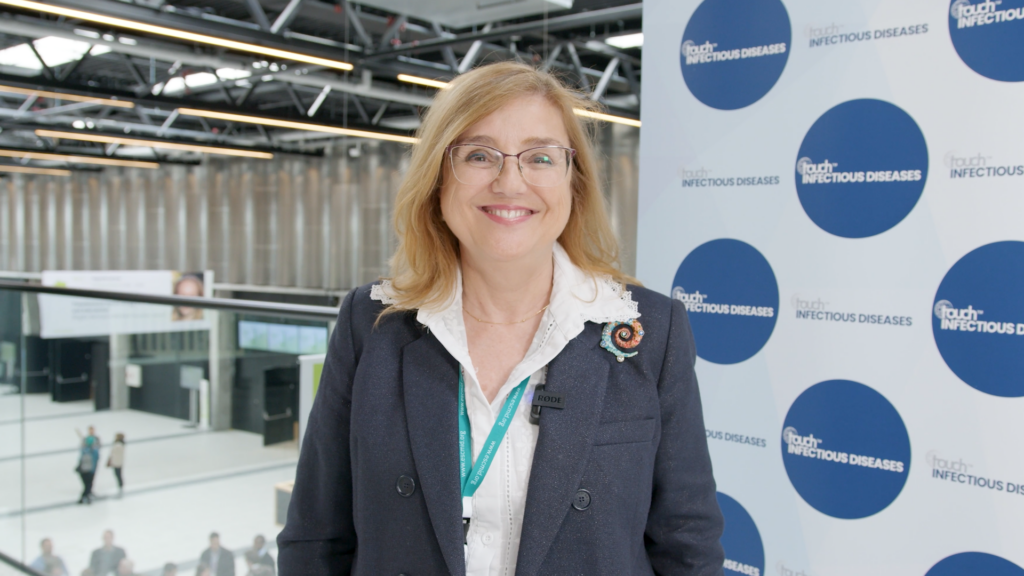Dr Victoria (Viki) Male (Imperial College London, London, UK) explores how COVID-19 infection can impact fertility and reproductive health, and discuss potential precautions individuals living in the UK can take. Dr Male also addresses what couples trying to conceive should know about COVID-19 vaccination, and what is currently known about the impact of vaccination on the effectiveness of contraception methods and any associated safety concerns.
Interviews in this series:
Navigating concerns about menstrual cycle changes after COVID-19 vaccination
Questions:
- How can COVID-19 infection affect fertility and reproductive health, and are there any precautions individuals could take? (0:15)
- What should couples who are trying to conceive know about COVID-19 vaccination? (0:53)
- What is known about the impact of COVID-19 vaccination on the effectiveness of contraception methods, and are there any safety concerns? (1:28)
Available resources:
British Fertility Society statement on COVID-19 vaccination & fertility treatment
Pregnancy, breastfeeding, fertility and coronavirus (COVID-19) vaccination – NHS
Coronavirus vaccine – summary of Yellow Card reporting
Disclosures: Victoria Male receives grant/research support from Borne, and has received support from Elsevier to attend the 16th Vaccine Congress as a speaker.
Support: Interview and filming supported by Touch Medical Media Ltd. Interview conducted by Katey Gabrysch.
Transcript
Hi I’m Dr. Viki Male, and I’m a reproductive immunologist at Imperial College London.
How can COVID-19 infection affect fertility and reproductive health, and are there any precautions individuals could take?
Studies done on couples trying to conceive have found that if a female partner catches COVID-19 that doesn’t reduce the chance that the couple will get pregnant, but if the male partner catches COVID-19 that reduces the chance of conception for a couple of months. This is in line with what we know about COVID infections, that COVID infection reduces your sperm count and quality. I should be clear that this is a temporary reduction in male infertility. But it’s still worth thinking about if you’re very keen to conceive. And the most obvious precaution that couples can take to avoid COVID-19 when they’re trying to conceive is being up to date with their vaccinations.
What should couples who are trying to conceive know about COVID-19 vaccination?
Couples who are trying to conceive are sometimes worried that getting vaccinated or boosted might reduce the chance that happens for them. They can be reassured that in studies done on couples trying to conceive either through intercourse or infertility clinics, there’s no effect of COVID vaccination on the chance of conception. Even in the same month you get vaccinated if you’re having fertility treatment and you’re offered a vaccine or booster, the British potency society recommends that you have it. But do talk to your fertility clinic to get the personalized advice.
What is known about the impact of COVID-19 vaccination on the effectiveness of contraception methods, and are there any safety concerns?
There’s no evidence that COVID vaccination reduces the effectiveness of any reliable form of contraception.











